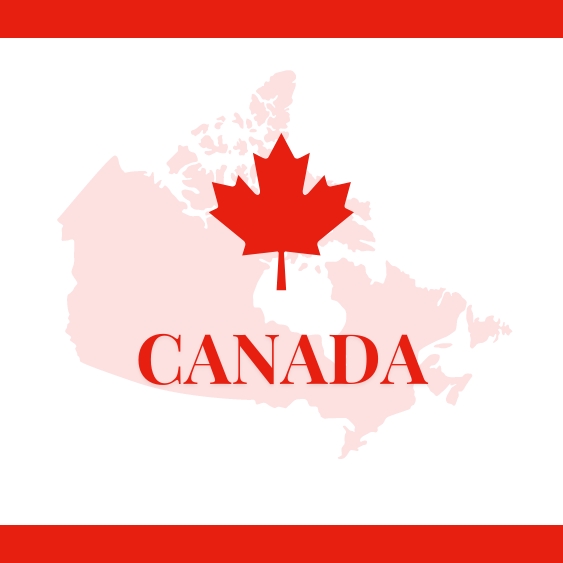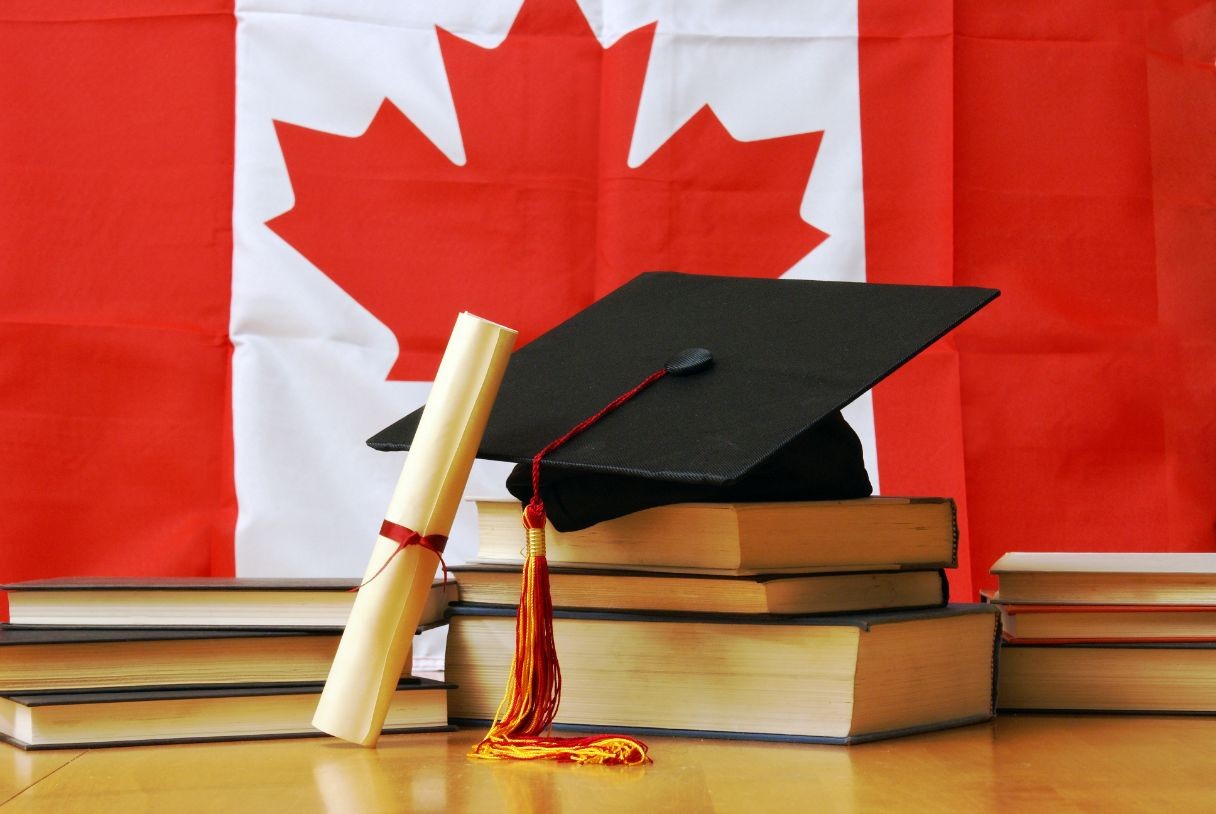
Need More Information
Need More Information
Hotline
+1 (873) 288-6006

Canada
International Students: Spouse and Family Dependent Visa
International Students: Spouse and Family Dependent Visa
Foreign nationals interested in studying in Canada who are married and/or have dependent children may wish to bring these family members with them to Canada during their study program. Canadian visa officers will consider study permit applications which include accompanying family members, but including family members on a study permit application may influence the visa officer’s decision.
Know More
A foreign national is welcome to include their spouse on their application for a Canadian study permit, keeping in mind the above-mentioned impacts this may have on the approval of the study permit. If a foreign national is approved for a study permit in Canada with their spouse accompanying, then the spouse will be eligible to apply for a spousal open work permit. This work permit will authorize the spouse to work full-time for any employer in Canada for the same period as their partner’s study permit. If both partners are interested in pursuing studies in Canada, they each must apply for separate study permits.
When applying for a student spouse visa to Canada, it is essential to ensure that all required documents are meticulously prepared and submitted. The following documents are typically necessary for a smooth application process:
- Visa Application Forms: Complete the appropriate visa application forms accurately. Ensure all sections are filled out correctly and truthfully.
- Passport: Provide a clear copy of your passport, ensuring it remains valid for the duration of your intended stay in Canada.
- Proof of Relationship: Include evidence establishing the legitimacy of your relationship with the student visa holder. This may include marriage certificates, photographs, or other supporting documents.
- Letter of Acceptance: Obtain and submit a copy of the official letter of acceptance from the educational institution where the primary applicant (student) has been accepted.
- Financial Proof: Demonstrate financial stability by providing proof of funds to cover living expenses and tuition fees. This could be in the form of bank statements, a sponsorship letter, or scholarship details.
- Language Proficiency: Depending on the specific requirements, you may need to provide proof of language proficiency through standardized tests like IELTS, CELPIP or TEF.
- Medical Examination: Undergo a medical examination from an approved panel physician. Include the medical examination report as part of your application.
- Police Clearance Certificate: Submit a police clearance certificate or a certificate of no criminal record from your home country or any other country where you have lived extensively.
The principal student applicant must also demonstrate evidence of financial support:
- It is crucial to show that you have sufficient funds to sustain both yourself and your spouse throughout your stay in Canada. Fortunately, the required financial threshold is not excessively high, given the assumption that your spouse will be employed in Canada, contributing to the financial well-being of the couple. Therefore, it is necessary for you to demonstrate that you possess ample funds to cover the expenses associated with your study program at the time of submitting your application.
Any parent applying to study in Canada is welcome to include dependent children on their study permit application. A dependent child, in Canadian terms, is any child under the age of 22, or over the age of 22 who has depended substantially on their parents for financial support since before the age of 22 and is unable to be financially self-supporting because of a mental or physical condition. If the study permit is approved with the accompanying child, then the child will be issued a visa authorizing their stay in Canada for the same duration as the parent’s permit.
Once inside Canada, all children 18 years and younger are allowed to study at Canadian elementary and secondary schools. The majority of Canada’s schools for children are public, meaning that there is no cost to attend. As well, Canada has a reputation as being a global leader in quality of education, so parents can rest assured knowing their children will be receiving the high-quality learning they deserve.
Being an international student in Canada may increase your eligibility for permanent residency for you and your family, or open the door to immigration programs that you weren’t previously eligible for.
Your experience studying, working, and practicing your English or French language proficiency can all contribute to your eligibility. Your partner’s experience working and improving their language proficiency can also contribute to your eligibility.
If you choose to immigrate to Canada permanently following the completion of your studies, you will likely do so through the federal Express Entry system. This system consolidates the three major categories of federal economic immigration and groups all eligible candidates into a pool together. Every candidate in the pool receives a Comprehensive Ranking System (CRS) score, and the highest-ranking candidates are periodically issued invitations to apply (ITA) for permanent residence.
Your CRS score is calculated differently depending on whether or not you are applying with an accompanying partner. If your partner has been living and working in Canada while you study, it’s possible that including them in your submission to Express Entry will increase your CRS score.
You can also double your chances of receiving an ITA if you and your spouse submit profiles to the Express Entry pool. Your partner’s experience may make them eligible to submit an expression of interest to Express Entry as a principal applicant.
Being an international student in Canada may increase your eligibility for permanent residency for you and your family, or open the door to immigration programs that you weren’t previously eligible for.
Your experience studying, working, and practicing your English or French language proficiency can all contribute to your eligibility. Your partner’s experience working and improving their language proficiency can also contribute to your eligibility.
If you choose to immigrate to Canada permanently following the completion of your studies, you will likely do so through the federal Express Entry system. This system consolidates the three major categories of federal economic immigration and groups all eligible candidates into a pool together. Every candidate in the pool receives a Comprehensive Ranking System (CRS) score, and the highest-ranking candidates are periodically issued invitations to apply (ITA) for permanent residence.
Your CRS score is calculated differently depending on whether or not you are applying with an accompanying partner. If your partner has been living and working in Canada while you study, it’s possible that including them in your submission to Express Entry will increase your CRS score.
You can also double your chances of receiving an ITA if you and your spouse submit profiles to the Express Entry pool. Your partner’s experience may make them eligible to submit an expression of interest to Express Entry as a principal applicant.
